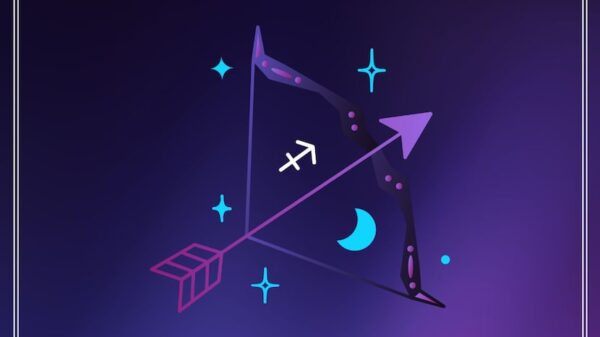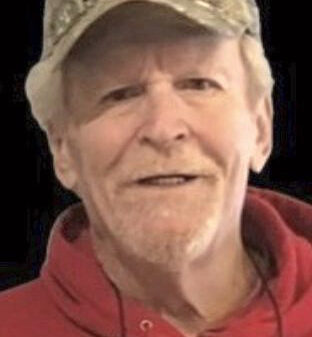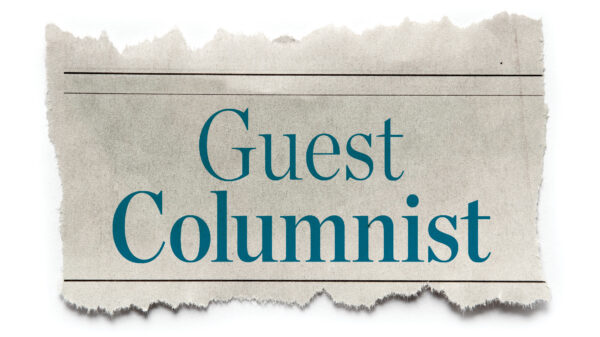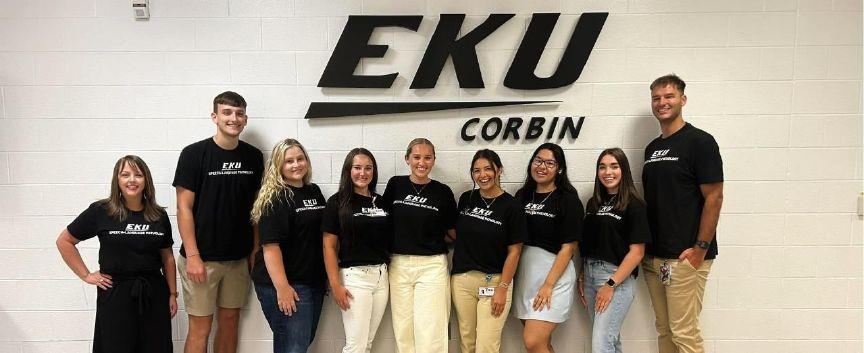In recognition of Dyslexia Awareness Month, Dr. Kellie Ellis from Eastern Kentucky University (EKU) has pioneered a new approach to support children with dyslexia. This innovative method, known as the “CODE” technique, aims to enhance the educational experience for the estimated 15-20% of the population affected by this learning disability. Dr. Ellis, who is both the chair of the Department of Clinical Therapeutic Programs and a professor of speech-language pathology at EKU, developed these evidence-based practices motivated by her personal connection to dyslexia through her daughter.
“The work by Dr. Ellis and our communication disorders program is a powerful example of how EKU’s mission comes to life,” stated David McFaddin, President of EKU. He emphasized the university’s commitment to not only conducting research but also applying these findings in educational settings to create a significant impact.
The CODE Technique: A Structured Approach
Over the past decade, Dr. Ellis has refined the “CODE” technique, which encompasses four key components essential for teaching children with dyslexia. The “C” stands for clear instruction, which highlights the importance of providing direct and explicit teaching of language rules, particularly spelling conventions. The “O” signifies organized learning, stressing the need for systematic instruction that follows established language patterns. The “D” represents discovery, encouraging students to explore language rules independently. Finally, the “E” denotes engaging practice, which involves structured games and activities that enable children to apply and reinforce their language skills.
Dr. Ellis has implemented this technique through her Word Detective Camps, which have been hosted at various EKU campuses, including the Model Laboratory School. These camps provide hands-on experience for students and have proven beneficial for children struggling with reading and language comprehension.
Student Involvement and Community Impact
Graduate students in EKU’s Speech-Language Pathology program play an integral role in the success of the Word Detective Camps. By working in small groups, these students gain valuable clinical hours while assisting in therapy sessions. “I hope that my students leave campus knowing how to provide intervention for children with language impairment in a way that would help them learn how to listen, speak, read, and write,” remarked Dr. Ellis.
One of the students, Emma Manion, a junior in elementary education, shared her motivation for pursuing a career in teaching. Inspired by her sister’s struggles with dyslexia, Manion aims to support students facing similar challenges. “I want to be the person to help students like my sister,” she stated, expressing her admiration for Dr. Ellis’s research and its impact on literacy development.
The Word Detective Camp has operated for the past five summers at Model Laboratory School, with plans for future sessions. Recently, a donation from the Kentucky Association of Health Plans has allowed the camp to expand to EKU’s Corbin Regional Campus for 2025 and the following two summers. Dr. Ellis hopes to extend the project further to include parental training sessions that can provide additional support at home.
EKU’s Speech-Language Pathology program has received recognition, ranking among the best in U.S. News & World Report’s 2025 Best Graduate Schools. The university offers comprehensive bachelor’s and master’s degrees in communication disorders and related fields, preparing students to make a meaningful impact in classrooms, clinics, and communities.
As Dyslexia Awareness Month unfolds, Dr. Ellis’s work exemplifies the strides being made in educational support for children with learning disabilities. Through innovative techniques and community engagement, EKU is not only raising awareness but also actively making a difference in the lives of many.





































































